[vc_row][vc_column][vc_column_text disable_pattern=”true” align=”left” margin_bottom=”0″]
Change is the only element that is constant for Search Engine Optimization or (SEO)
By Andrew Broadbent
Ever since Matt Cutts stated back in 2012, in a Web Master Tools video that Google makes changes to its core search algorithm on average at least once a day, it is evident that the changes may come as surprise to business and search marketers. As an example, when Google began to encrypt logged in gmail user’s search data, marketers lost the ability to see helpful keyword data in Google analytics. Before this change you were able to see keyphrases people would type in to get to your website; now you only see the following: “Not Provided” for up to 90 percent of traffic. For the most part, however, the changes and trends can be predicted somewhat if you follow some of the leading SEO news websites. A frequently read internet marketing website for search insights is AJ Kohn’s blog titled “Blind Five Year Old.” Now in 2014, according to Google’s How Search Works site, Google made 665 changes, updates, and launches to their search algorithm last year.
We can predict that the frequency of these algorithm updates will increase over time as Google tries to deal with the massive amount of mediocre content that is pushed out onto the web everyday. There are 5 upcoming changes that Internet marketers should expect to see this year.
This checklist details 5 SEO aspects where you can expect to see changes:
- Link building
- Platforms and Search Behavior
- Keywords
- Schema markup
- Localization or Local Search
1) Link Building’s Role
As search engines like Google or Bing become increasingly more intelligent, even the role of inbound links or backlinks, which is one of the core and fundamental search engine optimization factors, has begun to shift. When Google first introduced the Penguin algorithm update in April 2012, marketers and business owners learned that Google was now gunning for any links that were bought, traded, or keyword stuffed in the anchor text. Shady or Black Hat SEO’s had to change their strategy or have their clients suffer major penalties which would often result in a website‘s web traffic dropping or not showing up at all in search results.
Even for White Hat SEOs that follow Google’s guidelines, the role of links will be changing. On May 5th, Matt Cutts notes stated in a WMT video “over time, backlinks will become a little less important.” Of course, “a little” is not a very specific term and there are no guarantees when it comes to the weight or ranking power that Google will be putting on backlinks in the future with their core algorithm. In another instance, Cutts points out that if you are a really well-known and highly respected expert in your niche or field, such as famous SEO industry experts Danny Sullivan or Vanessa Foxx, then Google will use this factor for determining webpage trust and ranking measures. At the present time, however, Google cannot use this author trust metric yet because most authors are not at that level of expertise or fame.
“Sometimes backlinks matter for … [determining] the reputation of the site or page … but for the most part, people care about the quality of the content,” Cutts said. “As we get better at understanding who wrote something and what the real meaning of that content is, inevitably over time, there will be a little less emphasis on links.” The importance of backlinks will still probably have many years left before they lose their ranking power.” -Matt Cutts
2) Devices, Platforms and Search Behavior
Mobile device search continues to see a rise year after year. As smartphones, iPads and other tablet use become increasingly more common and affordable, consumer search behavior has also shifted to reflect this trend. In the beginning of 2014, the face of Google’s web spam team, Matt Cutts, said “he would not be surprised”.
In a Search Engine Land article published in March entitled “Google Mobile Queries May Surpass Desktop Search This Year”, it discusses the big question about whether mobile search maybe passing desktop search by the end of this year. There are more than double the amount of smart phones around the world compared to laptops and computers. Therefore, it is just a matter of time before mobile search will exceed desktop search. It is never advised to build and design a website that is not responsive or friendly to people performing searches through their phone devices. Any good marketer knows that the user experience is one of the most crucial aspects of conversion and optimization. If you are failing to provide a clean mobile experience for the ever increasing number of smartphone users, you are then going to have higher bounce rates as users try to tap the touch screen on their phones trying to navigate your unresponsive website.
So is 2015 going to be a tipping point year when the shift toward mobile devices finally spills over into dominance? Fast forward ten years from now to 2025 when wearable computing devices such as Google Glass and others finally move out of beta and become popular and more affordable for the general public–not just purchased by techies–then we will see a huge shift in search behavior again. In addition, new devices that we have never even thought of will emerge! The bottom line is: business owners and especially Internet marketers need to stay ahead of the curve of search behavior and learn to optimize it accordingly.
3) Keywords and Research is Never Over
You may have heard the phrase “it’s a moving target?” Well, when it comes marketing and figuring out your customers and how they search for information online it’s a keyword target! As business owners you need to look at keywords and search terms as being fluid, in other words keyword research is never really finished. There are many factors that influence how people search for information. One factor is what platform device (smart phone, tablet, desktop computer) are they using at the moment. People search differently on a phone compared to sitting at home on a laptop. When on a phone people often type in fewer words or use the conversational voice search technologyespecially if they happen to be driving somewhere. Other factors that affect search behavior are geo-locational search and shifts in language being used or synonyms of words. If you have a website that is advertising construction services, the only way you will know if people search for more “contractors” or “home builders” is by performing keyword research. In addition, another item to note is when someone is searching for particular term today it does not mean they will not start using a new term tomorrow. Therefore, do not remain static and cease to find new keywords and content opportunities. Even though Google made it harder for webmasters and Internet marketers to see which exact keywords are bringing in the most traffic to their websites in Google Analytics with their “not provided” secure search move, keyword research is not even close to being finished. Marketers have other tools and options to help discover and identify contextually relevant terms your customers are using to search to find information related to your business. You need to understand the user, the words they use, and what they type in to find your content. Search query syntax and user intent are important for understanding what type of content your business needs to create for people moving through the different stages of your website’s conversion funnel.
Google AdWords Keyword Planner
Google AdWords Keyword Planner and many other SEO tools can provide some data on the average volume or amount of searches being performed for any keyword, and it will even suggest many variations. A word of caution, however, these search numbers are just a starting point. Rand Fishkin wrote a blog titled “Being careful when using the AdWords Keyword Tool.” When using the broad match search result, it may not show search numbers for phrases that you actually get traffic from to your site and therefore you could miss opportunities. He suggests that you experiment and look for [exact match] results to discover more data. As many marketers know, Moz has a Keyword Difficulty Tool that provides insights into how competitive it will be to rank for certain phrases. There are even some SEO tools which may provide data on the number of web pages containing the keyword phrase in their title, which is another indicator of the competitiveness of the keyword.
Analytics Content Drilldown
Look for patterns within the content topics in the Google Analytics Acquisition section that are getting the most views and see if you can identify which pages are solving a potential customer’s problems or interest. If you see a pattern of search phrases or landing pages which receive a good amount of traffic and are based around a topic, you may attempt to develop content that is more specific and addresses it to capture even more traffic.
Social Mentions / Activity
Similar to how one would analyze your websites’ most successful content, pages, and posts, social activity such as mentions, posts that are liked or shared the most across various social platforms should be reviewed to get an idea about what your potential customers are most interested in. Not every social platform is the same, obviously. Jay Baer, a well-known digital marketing consultant, was recently interviewed in short video where he said that “visual content (Video, Infographic, & High Quality Images) is by far the most important part of content marketing”. Vab Media agrees. As of now, Twitter and Facebook are not sharing their complete data with Google and are not social hub partners like their social network Google Plus. All and all, it is good to be able to quantify and measure your marketing efforts across social media channels.
4) Schema Markup
Schema Markup (HTML code that businesses and coders can insert around certain pieces of content to help define specific types of content, such as articles, author information, or other helpful information that allows search engines such as Google, Bing or Yahoo to find your website.
New and enhanced properties and functionality are constantly being added each month. Though there is a seemingly endless list of properties you could pick to implement from the master list at Schema.org, the amount that Google can actually render when they are displaying rich snippets in the search results is somewhat limited. Bing and Google’s rendering capabilities will continue to improve and evolve.
Will using Schema Markup of microdata help every business in every business category? The answer is no but webmasters should whenever possible try to incorporate schema in as many types of data as possible, because tomorrow could be the day that Google makes an adjustment and starts showing a new type or property of rich snippets — and you will want your website listing to one of the first that gets to take advantage of this in the Search Engine Results Page (SERP’s).
Moreover, it is always smart Internet marketing practice to optimize for other search engines besides Google. We wanted to highlight what Dana Forrester, Bing’s Senior Product Manager stated on May 15, 2014 that schema markup is in fact a ranking factor for Bings algorithm We can also begin to make some educated guesses that since Bing uses it for a ranking signal, that Google may be doing the same in their algorithm. Even if it has not been confirmed by Google that it is one of the 200 ranking factors, it does make sense to assume that any code that helps to give search engine bots contextual evidence about a site, is most likely factor. Lastly, it gives you more of a chance for your data to be recognized as a citation by Google or Bing.
The list of Google-supported schemas for marking up location pages on business and organization websites include:
- Type of local business or organization
- Business name
- Short company description
- Business phone number
- Business address (street address, city, province & country)
- Opening hours
- Business website link
- Restaurant menu link
5) Google Local Search or Localization
One of Google’s main investments area’s is local search results … which means that part of their algorithm that triggers and shows local searches to users for businesses and maps is constantly being enhanced and adjusted, therefore it is always changing. Internet marketing firms and business owners need to monitor on a monthly basis how their websites and local listings are being displayed. The way that rich snippets are shown to searches today is guaranteed to be shown the same way tomorrow.
A recent change in the SERP is a larger placement of Google reviews in the Knowledge Graph area and in rich snippets below a listing, which Google is now pushing the third party reviews site down to the bottom, a basic de-emphasis of non Google rating and reviews. If you look at the screenshot above of “Yankee Stadium” search query you see how Google makes their reviews the most prominent, easy to read and able to be caught by someone glancing at it. When you are optimizing for Google you need to prioritize getting customer reviews from Google+ and Google+ Local over any other non-Google review site no matter how popular they are. Another helpful thing you can do as a marketer is to join Google City Experts if you are in New York or another major city. Not only will you learn more about how to write high quality reviews on Google Local but once you have written over 50 of them you will become one of the official #CityExperts and will receive many perks from Google such as attending parties thrown by Google themselves. If you want to learn more you can contact Google’s East Coast Community Manager Traci Cappiello.
Conclusion
It is good to stay current with new changes and new trends that are happening with search engine technology and Internet marketing in general. Let know us know in the comments what other SEO changes you have been noticing. Contact Vab Media to more traffic and leads for your business from the internet.
[/vc_column_text][/vc_column][/vc_row][vc_row fullwidth=”false” attached=”false” padding=”0″ visibility=”” animation=””][vc_column border_color=”” visibility=”” width=”1/2″][mk_button dimension=”three” corner_style=”pointed” size=”large” outline_skin=”dark” outline_active_color=”#ffffff” outline_hover_color=”#333333″ bg_color=”#1bbc9b” btn_hover_bg=”#252525″ text_color=”light” icon_anim=”none” url=”https://www.vabulous.com/contact-us/” target=”_self” align=”left” fullwidth=”false” button_custom_width=”0″ margin_top=”0″ margin_bottom=”15″]Contact Us to Grow your Brand & Revenue[/mk_button][/vc_column][vc_column border_color=”” visibility=”” width=”1/2″][mk_employees style=”boxed” column=”3″ rounded_image=”true” box_blur=”false” count=”10″ employees=”4062″ offset=”0″ description=”true” order=”DESC” orderby=”date”][/vc_column][/vc_row][vc_row fullwidth=”false” attached=”false” padding=”0″ visibility=”” animation=””][vc_column border_color=”” visibility=”” width=”1/1″][/vc_column][/vc_row]

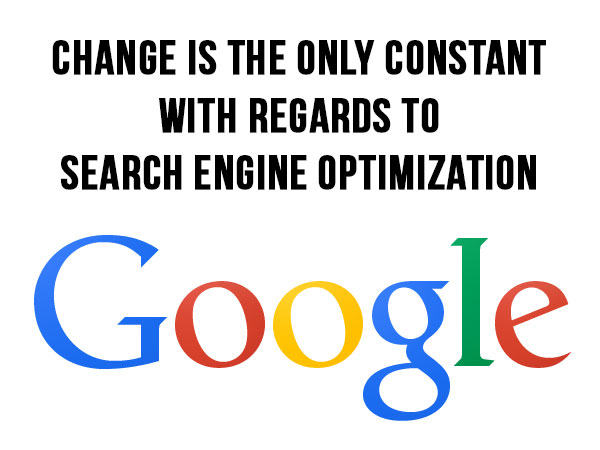
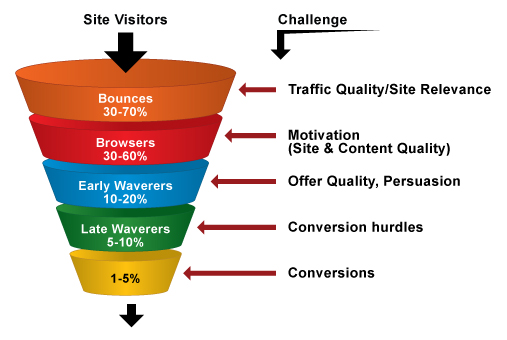
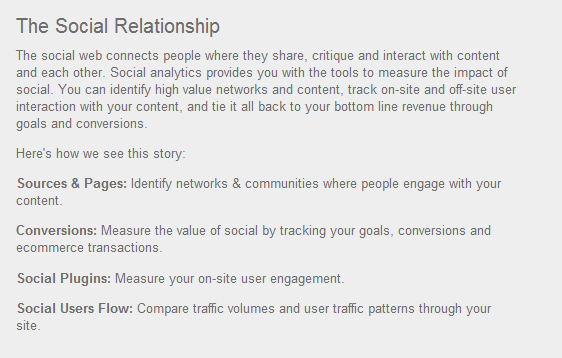
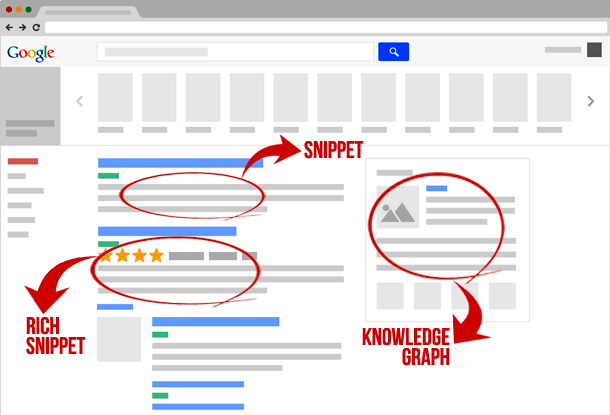
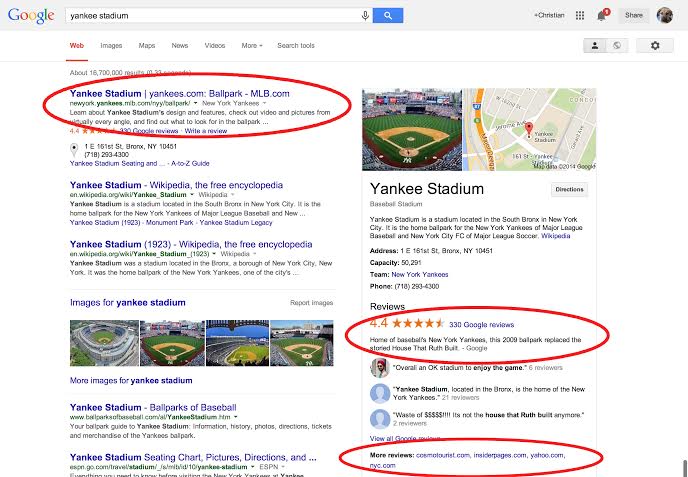



2 Responses
Vab Media great article as usual. Thank you so much to your team for helping my construction business get more exposure and clients from the web.
It’s interesting to think about what will come in 2015. PageRank will finally no longer be an issue. This is a major trend-setter!